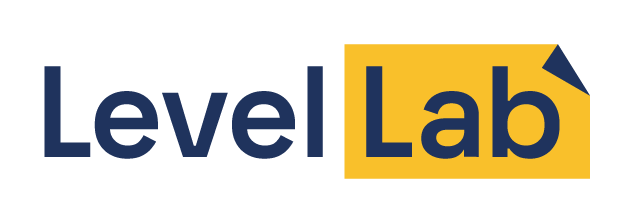Background
Rakvere Parish, recognizing the importance of education in ensuring community development and sustainability, has taken steps to enhance its educational network and improve quality. Recent demographic changes, economic challenges, and the continuous increase in education-related costs have highlighted the need for thorough analysis and strategic planning.
Objective
The primary goal of the project was to conduct a thorough analysis of the educational institutions in Rakvere Parish to assess their performance, efficiency, and financial status. As part of this analysis, the proportion of education expenses in the parish’s budget was determined and compared with the average figures for Estonia and the county. Additionally, the number of students and school occupancy rates were analyzed and compared with national averages. The locations of schools and kindergartens were also mapped to assess the accessibility of education in different areas of the parish. The analysis of financial indicators identified potential areas of inefficiency, which could help optimize the parish’s education expenses.
The second objective was to create various scenarios that would offer practical and realistic solutions for optimizing the parish’s educational organization. For each scenario, the impact on the quality and accessibility of primary and general education was assessed, as well as the effect on the parish’s education expenses. It was important to find solutions that would ensure high educational quality at reasonable costs. Involving the community in the scenario creation process was crucial to ensure their suitability and acceptance among local residents.
The ultimate goal was to ensure the sustainable development of the Rakvere Parish education system. This included improving the quality of education, ensuring it aligns with both the expectations of local residents and national standards. Additionally, the focus was on cost optimization to reduce education expenses without compromising on quality. An important part was also developing motivation programs for teachers and support specialists to improve the quality of teaching and ensure the presence of qualified personnel. Supporting the community and promoting collaboration were key to ensuring the accessibility of education and community satisfaction. The results of the project’s final report provide Rakvere Parish with a clear overview of the current state of the education system and enable informed, evidence-based decisions for the development and optimization of educational organization.
Methodology
The analysis of Rakvere Parish’s educational organization and the creation of scenarios were based on a diverse methodology. First, extensive data was collected, including the number of students, the occupancy rates of schools and kindergartens, the distribution of education costs, and the financial data of the parish budget. To obtain qualitative data, interviews and surveys were conducted with school management, teachers, parents, and municipal employees.
Modeling methods were used in the creation of scenarios, assessing their impact on the quality of education and costs. To engage the community, discussions and workshops were organized where residents could provide feedback and present their suggestions. The collected data was synthesized into a final report, presenting the analysis results and recommended scenarios, highlighting the advantages, disadvantages, and potential consequences of each scenario.
Benefits
The main benefit of the project for Rakvere Parish lies in the comprehensive analysis of the education system and the provision of practical solutions. The analysis provides the parish with a clear picture of the current state and costs of the education system, aiding in making evidence-based decisions.
The created scenarios offer various solutions for improving the quality and accessibility of education, as well as optimizing costs. Community involvement ensures that the solutions meet the needs and expectations of local residents, increasing their support and avoiding conflicts.
In summary, the project helps improve the quality of education, optimize costs, and ensure the sustainability of the education system, supporting the long-term development of the parish.
Project contracting institution: Rakvere Parish
Project implementer: LevelLab
Duration: 01/2022 – 05/2022




